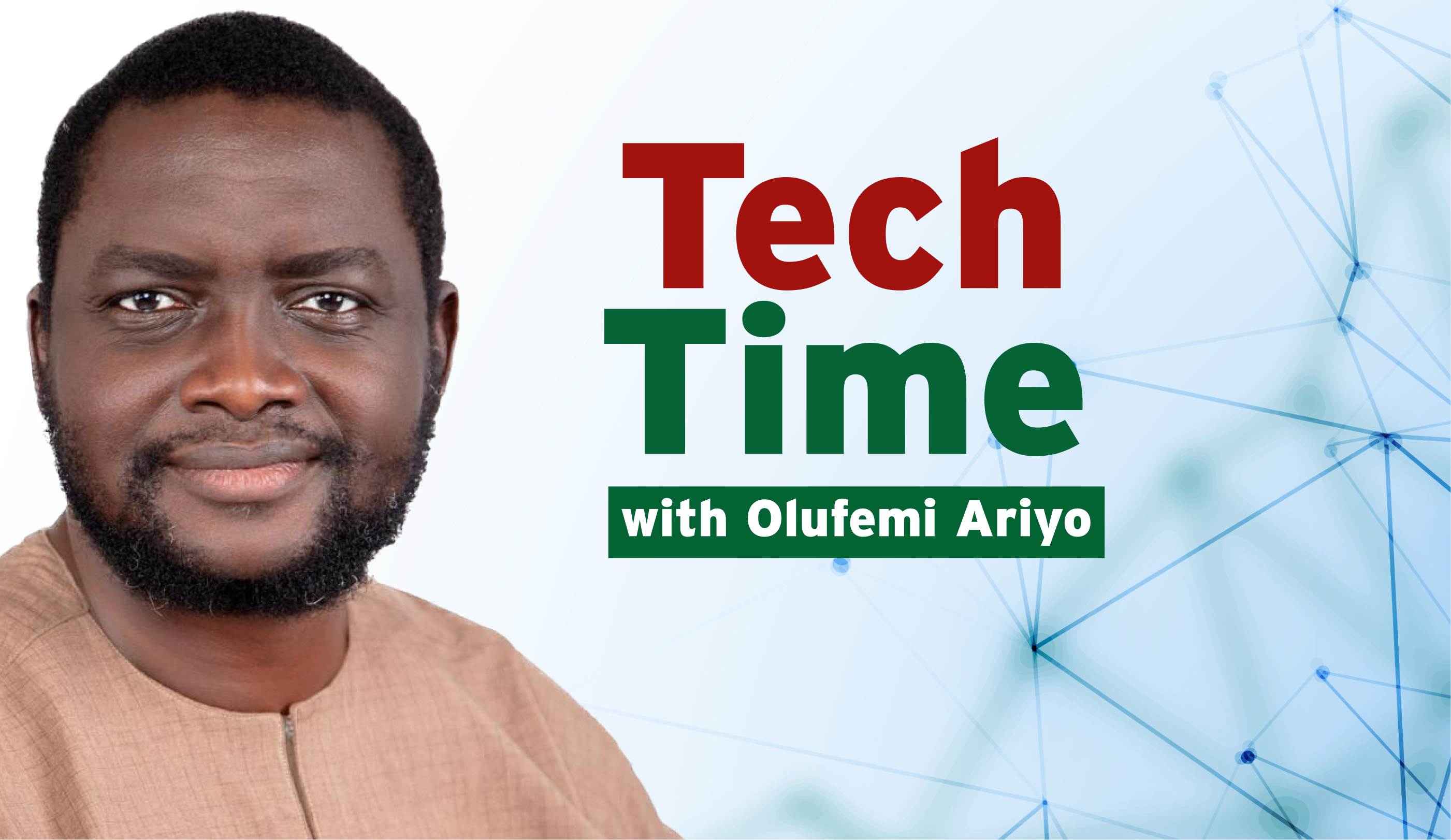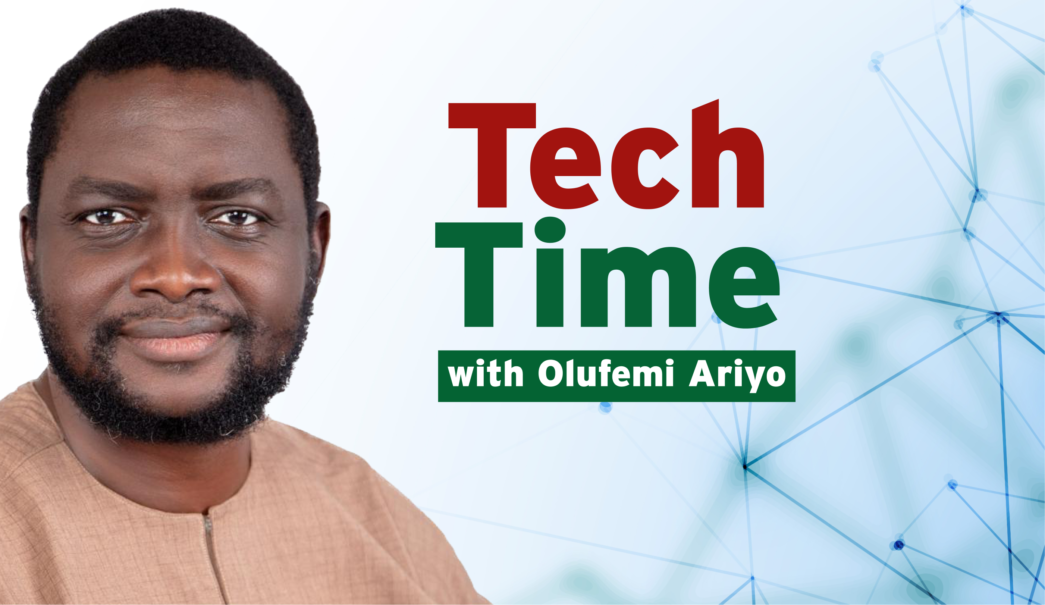Not everything that is faced can be changed, but nothing can be changed until it is faced, according to James Baldwin. Every month, a WhatsApp group grows quieter, not from silence, but from departures. It is no more news that the brightest young minds are increasingly looking beyond our borders, the challenge for our nation is not simply to stop people leaving — but to empower those who choose to stay. Today, as enormous waves of talent depart in search of greener pastures, a new frontier emerges: one where technology, talent and national purpose converge to build forward from within.
Consider the magnitude of the challenge. In Nigeria alone more than 60 million youths (aged 15–29) make up the potential workforce, and roughly 5.5 million young people enter working age each year. Yet the formal economy struggles to absorb them. At its peak, Nigeria’s youth unemployment rate reached 53.4%. While recent figures from the International Labour Organisation (ILO) as of October 2025 report a drop to 6.5%, many analysts argue this figure overlooks underemployment and the large informal sector, where millions remain active without stable or adequately paid jobs. Meanwhile the “brain-drain” persists as thousands of engineers, doctors and technology professionals leave each year, weakening the very sectors that should underpin national development.
Great challenges invite great possibilities and we now stand at a transformative inflection point. The rise of artificial intelligence, digital platforms, remote working and global connectivity mean that building nations is no longer confined to brick-and-mortar factories or embattled universities. Talent can thrive where it stays. Innovation can emerge from dorm rooms, urban hubs and even rural outposts. What once seemed like unfinished infrastructure or departing human capital can instead become the launch-pad for a new ecosystem: one where those who commit become the architects of tomorrow.
This article is a call to the builders who stayed — to the software developers coding in cramped flats, the data analysts crunching numbers while the power flickers; the educators redesigning learning for remote classes; the entrepreneurs creating local solutions for global problems. Together, you are neither waiting for the outside world nor lamenting what’s been lost. You are building, and you are doing so with the world watching. Because when a nation’s future is written, it is not only by those who leave; it is by those who stay and build. And in this era of digital leaps and global talent flows, staying is no longer a passive act of survival; it is a dynamic act of creation
Advertisement
1. The Emotional Reality: The Great Departure
Over the past few years, a silent migration has unfolded around me — one that has changed the faces of my WhatsApp groups, the rhythm of my conversations, and even the air in my city. Friends I once brainstormed with now send pictures from Toronto, Berlin, and London. Colleagues who once spoke of building the future here now talk about adjusting to new weather, new accents, and new systems that work. The empty seats in our offices and classrooms tell stories of ambition — but also of absence. I do not blame them as their decisions were not made lightly; Many left because of economic uncertainty, safety concerns, and the simple human desire to find a place where effort meets opportunity. Their departure is not betrayal; it is survival. It is the understandable yearning for dignity and stability. And yet, for those of us who remain, each goodbye feels like a page torn out of a shared dream.
When I scroll through social media and see familiar names in unfamiliar lands, I feel a mix of pride and unease. Pride, because their success proves the excellence of our people — that when given structure, we thrive. Unease, because their departure creates a vacuum that technology alone cannot fill: a vacuum of mentors, collaborators, and companions in the struggle to build something lasting at home. But in the quiet moments, a deeper question echoes: If the best of us leave, what future remains? And if those who stay lose hope, who will build? This is not a lament but a turning point. Because while migration may be the choice of many, nation-building remains the responsibility of all. The story of our generation cannot only be about departure but must also be about those who stayed. Those who choose to build, innovate, and reimagine within the borders that others have left behind. The truth is, the great departure has forced us to confront an uncomfortable but liberating reality: that the future of our nation will not be determined by the number of people who go, but by the resilience, creativity, and technological daring of those who remain. But from this loss emerges a question that reframes our entire future: how do we build in the aftermath of departure?
Advertisement
2. The Turning Point: The New Power of Technology
Every generation faces a defining moment where despair must meet invention. For us, that turning point is technology. The same digital wave that uproots jobs, automates systems, and redefines education is also the greatest equaliser of our time. It has given ordinary people extraordinary tools — and in that empowerment lies the possibility of renewal. A few decades ago, building a company, publishing research, or reaching global markets required infrastructure, capital, and permission. Today, a laptop, an internet connection, and curiosity can replace entire departments. Artificial intelligence is democratising innovation as what once needed ten engineers now needs one skilled mind and an AI model. The world no longer rewards size alone; but rewards creativity, adaptability, and skill. Start learning on free platforms like FreeCodeCamp, Sololearn, or the Nigerian AI School. You could also join local tech communities like Techpoint Africa, Devcenter, or open-source collectives.
We see this transformation everywhere. In Nigeria, a young developer built Ubenwa Health, an AI-driven tool that analyses a baby’s cry to detect early signs of respiratory distress — a solution now attracting global research funding. In India, AI tutors are being deployed in rural villages through low-bandwidth mobile apps, teaching mathematics and English to children who may never step into a formal classroom. In Nigeria, edTech companies like CloudNotte are offering AI-powered classrooms and development platform. In Rwanda, drones deliver medical supplies to remote areas, reducing emergency response times from hours to minutes. And in Vietnam, local farmers use smartphone apps powered by AI to predict crop diseases and improve yields — a model that is spreading quietly across Southeast Asia.
Each of these examples carries a quiet message: the future does not belong to the wealthy, but to the willing. Even the idea of education — long defined by classrooms, degrees, and gatekeeping — is undergoing a radical reset. Across emerging economies, young people are learning to code, design, and market globally through open platforms like Coursera, Udemy, and Khan Academy. In Nigeria, Ghana, and Indonesia, bootcamps and online academies are producing self-taught AI engineers, digital marketers, and product designers whose skills are globally exportable. The world’s new currency is not paper; it is competence.
Advertisement
And while government policy still matters, the greatest engines of nation-building today are productivity and innovation, not bureaucracy. Singapore transformed itself from a port island into a tech powerhouse not merely through policy, but through a sustained investment in skills, data, and design thinking. India’s digital ID system (Aadhaar) enabled financial inclusion for hundreds of millions — a reminder that data infrastructure can be as nation-defining as oil reserves once were. Even Estonia, with fewer people than Lagos, became a global model for e-governance by betting on connectivity and coding rather than concrete and corruption. For nations like ours, these stories are not faraway fantasies; they are blueprints. They show that we can leapfrog decades of industrial delay if we build intentionally with technology. A young person in Abuja or Accra can now sell designs in California, build AI models for Canadian firms, or deploy fintech solutions to local problems without ever boarding a plane.
The truth is, the next phase of nation-building will not be led only by ministries or corporations — but by individuals turning ideas into impact through technology. The same tools that connect us to global conversations also give us power to solve local problems. This is the turning point — a shift from dependency to creativity, from migration to multiplication. And perhaps, when history is written, it will say that those who stayed didn’t just remain behind — they stayed to rebuild, armed not with protest signs, but with code, curiosity, and courage.
3. The Call: Rebuilding from Within
Maybe nation-building in this era isn’t about staying or leaving — it’s about creating impact wherever you are. But for those who commit, the responsibility is sacred: to turn frustration into innovation, and despair into design. Every generation inherits both wounds and possibilities. Ours is a generation that has seen the limits of systems, the fragility of economies, and the consequences of watching hope drain quietly through airport terminals. But perhaps that is precisely why we are best positioned to rebuild — because we understand the urgency of transformation not as theory, but as experience.
Advertisement
To rebuild from within does not mean pretending that all is well but refusing to surrender to cynicism. It means recognising that while policy may be slow, people can be fast. It means realising that progress today is less about political power and more about productive ecosystems. The tools are already in our hands. AI no longer belongs to the West — it belongs to whoever learns it. Whether you are a graphic designer in Lagos, a teacher in Enugu, or a small business owner in Kano, there are free and open-source tools that can amplify your creativity, automate your work, and connect you to global opportunities. Platforms like ChatGPT, Midjourney, Notion, and GitHub Copilot have collapsed the boundaries between skill and scale. The challenge is no longer access; it is awareness and action. Of course, personal innovation alone can’t replace systemic change — but it can catalyse it, and often leads where policy lags.
This is where digital communities become the new classrooms of nation-building. Across the continent, young innovators are gathering in WhatsApp groups, Discord servers, and co-working hubs — sharing code, swapping ideas, and forming small but powerful circles of collaboration. These networks are the new ministries of innovation, and every member is a policymaker of possibility. But rebuilding from within doesn’t mean isolation. In fact, the most powerful nations today are transnational in spirit. Those who have left can still build — through mentorship, remote partnerships, angel investing, and knowledge exchange. Diaspora networks can become bridges rather than borders. While many leave to pursue opportunity, a growing number choose to build where they are. Both paths matter — but this is a call to those still writing the story from within.
Advertisement
Still, for those who remain, the work carries a special weight. To stay is not weakness; it is stewardship. It means choosing to see your environment as raw material for innovation, not as evidence of failure. It means teaching others what you have learned, building circles of skill where there were once silos of frustration, and proving that technology can birth industries even in the midst of infrastructural limitation. Every nation has a moment when it must stop waiting to be fixed and start fixing itself. This is ours. And as we code, create, and collaborate, we will discover that nation-building was never meant to be an act of government alone — it is the daily practice of citizens who still believe. “Nations aren’t built by governments; they are built by those who still believe.” And belief, today, looks like learning a new skill. It looks like starting a project that solves a local problem. It looks like staying, and building, because you know the future won’t wait but belongs to the builders. The future is not a place we migrate to — it is something we build, line by line, skill by skill, choice by choice.
If this resonated with you, please consider sharing it. You can follow my work and connect with me on Medium: https://medium.com/@roariyo, Twitter: https://twitter.com/ariyor, and LinkedIn: https://www.linkedin.com/in/olufemiariyo/ or email me: [email protected]
Advertisement













